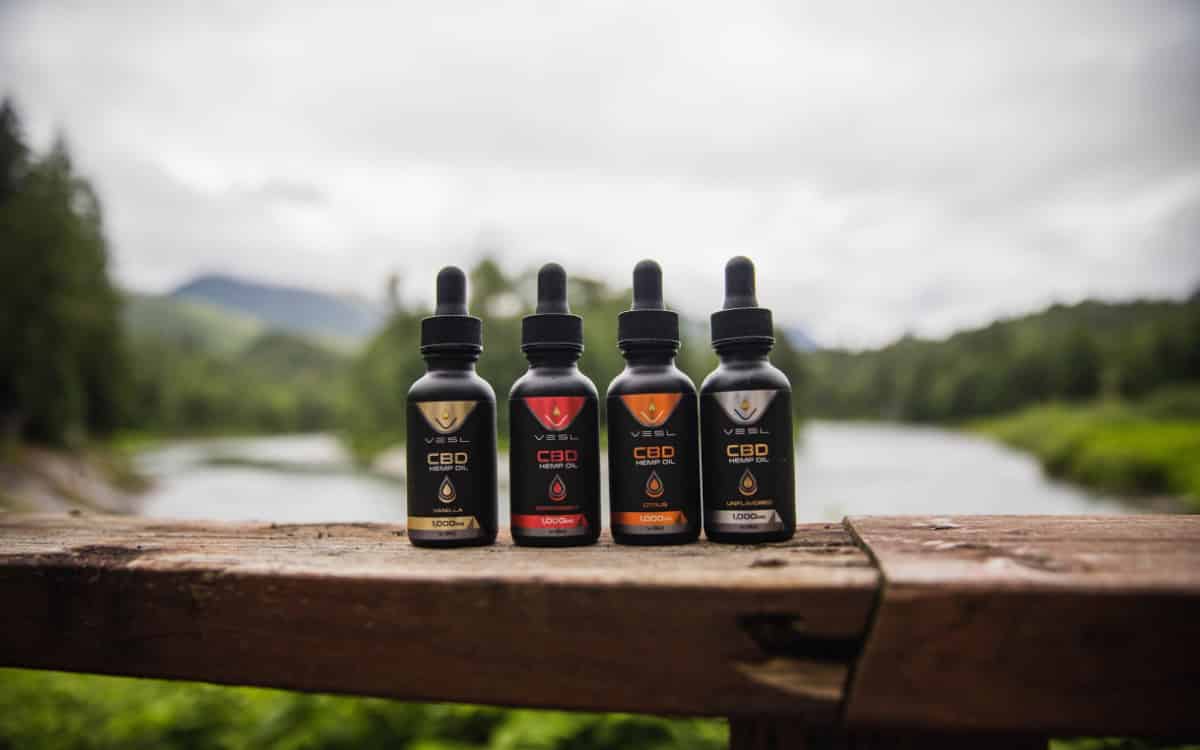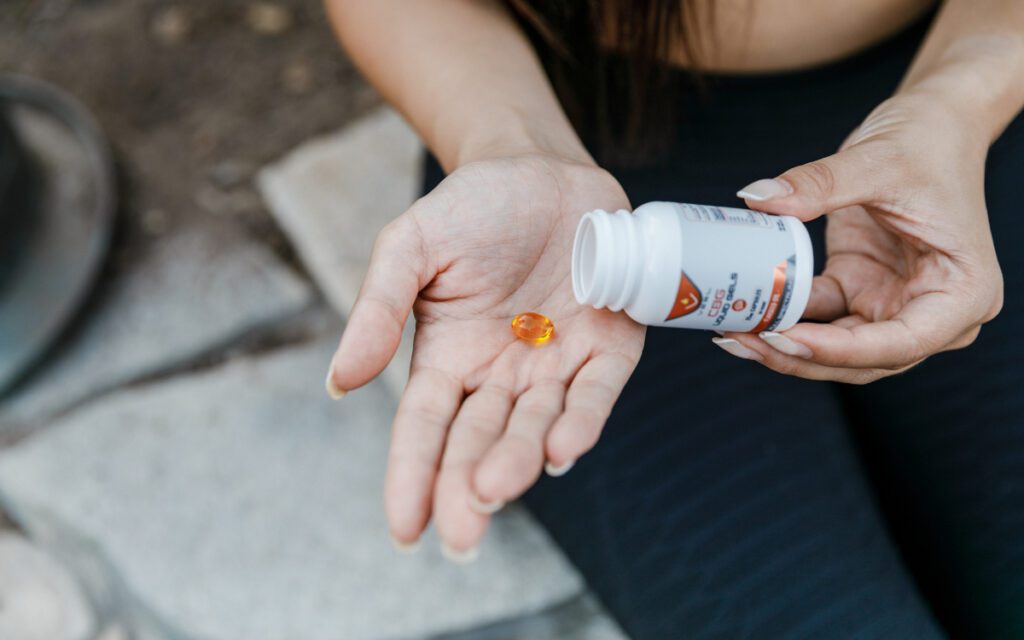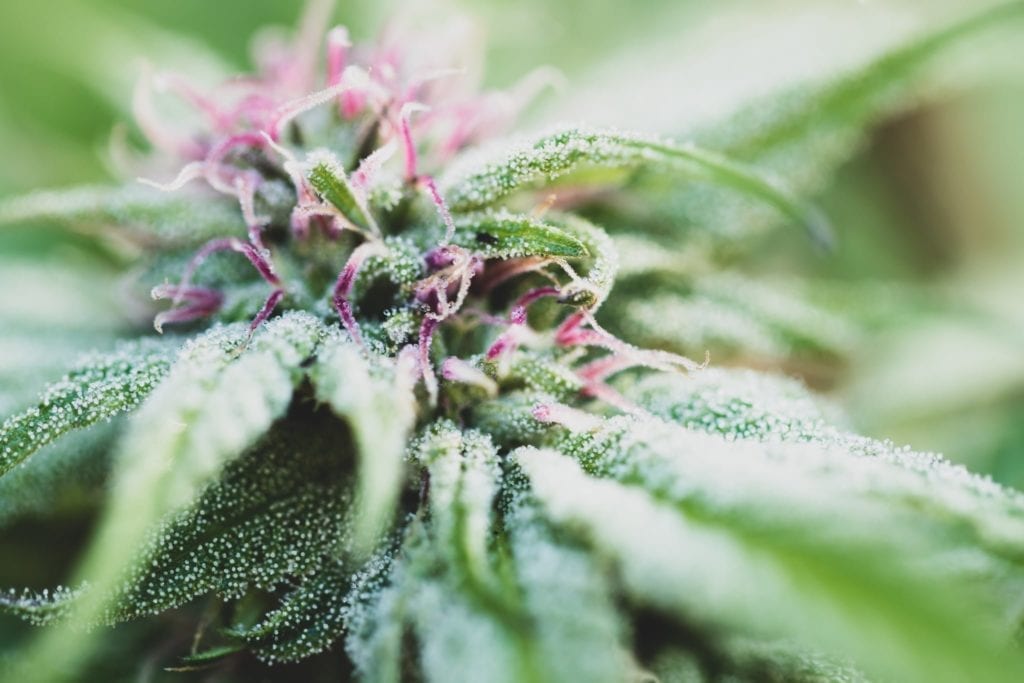Arvada, Co – News
CBD manufacturers take on what the FDA says about CBD
A former head of the U.S. Food and Drug Administration is saying the agency would enhance public safety by strengthening oversight of hemp-derived consumer products. Many CBD professional producers believe the FDA is hurting the industry more by not acknowledging the industry whatsoever.
Former FDA Commissioner, Dr. Scott Gottlieb has recommended targeting regulations at CBD supplements. CBD, for now, cannot be marketed because FDA has yet to issue rules. These CBD edibles, topicals, and vape products have become widely distributed since the 2018 Farm Bill. The said bill legalized hemp and its derivatives.
CBD oil products could top $20 billion by 2024, even without FDA oversight
Many experts expect national CBD product sales to top $4.1 billion this year and as much as $20 billion by 2024. However, although hemp unlike cannabis or THC-laced products is federally legal, CBD oil manufacturers still face the same banking issues.
“It’s extremely hard to bring CBD to the market right now, and banking is a huge hurdle,” said Bobby Scott, co-owner of VESL Oils in Arvada, CO. “Until recently most banks were not taking CBD clients, who were having to go with credit unions and paying big fees. Talking credit card payments can be another big headache.”
Both the owners of VESL Oils believe that some FDA rules are going to be necessary if nothing else to distinguish the quality and efficacy of CBD products. The two partners and founders are both Texas Tech University graduates. Scott with dual majors in horticulture and finance, and Quorum Lopez with a degree in chemistry. They worked hard at finding the processes and ingredients that would yield the purest and most effective CBD products.
CBD Manufacturers and Food and Herbal Products Groups
Lack of CDD rules hurt CBD supplements, topical, and edibles, say CBD manufacturers and Food and Herbal Products Groups
CBD manufacturers aren’t the only ones looking for clarification of FDA rules, Scott noted. Recently, they’ve been joined in that quest by the national Food Marketing Institute, the American Herbal Products Association, the Consumer Healthcare Products Association, the Council for Responsible Nutrition, and United Natural Products Alliance.
“The current lack of FDA regulation is creating significant confusion in the marketplace. FMI respectfully urges FDA to move expeditiously to provide additional clarity and establish a pathway forward for the use of hemp-derived ingredients, including CBD, in FDA-regulated products,” said Leslie G. Sarasin, the president, and CEO of the Food Marketing Institute in a statement to the FDA.
Essentially, the FDA has only approved one marketing application for a purified form of CBD for use in the treatment of certain seizure disorders. By not regulating CBD products as food additives or holistic supplements, as most CBD producers intend them, the FDA has left an incredibly fast-growing industry in the regulatory lurch, Scott said.
“According to the FDA we can’t make any claims about the effectiveness of any of our CBD edibles, topical or vape products,” Scott added. “We are constantly getting comments on the website, Instagram, order notes, and phone calls about our CBD products helping people, but we can’t list any of them.”
“Banking has proven to be the No. 1 obstacle CBD producers face, including not being able to get a business loan”, according to Scott. “But not being able to grow a business through typical social media ads is also problematic.”
“One of the things the FDA has keyed on is keeping CBD manufacturers from saying anything about dosage. We can’t tell people how much CBD muscle gel is good for pain. How many CBD gummies are good for anxiety, not even what’s a CBD dose for their pet.”
CBD oil purity and safety
CBD oil purity and safety could be ensured with property product testing
Gottlieb said the FDA could help ensure CBD safety with manufacturing standards, purity, and third-party testing during a transition period of enforcement. It helps eliminate non-professional products from the markets. Scott and Lopez said that’s a step forward they would both readily endorse.
“We worked through several processes and ingredients to create the purest and effect CDB vapes and supplements we could,” Scott said.
They begin with the CO2 extraction process, widely accepted as the preferred process. This yields crude hemp oil that is further processed into a 99 percent pure CBD in an ISO-certified lab. All of the products produced at VESL are third-party tested for purity and containments. This includes testing the original organic hemp for any heavy metals or pesticides.
Despite this, VESL is unable to obtain a Good Manufacturing Practices Certificate, because of the lack of even temporary FDA rules. Such certificates could go a long way in identifying professionally derived CBD oil products for stores and consumers alike.
Colorado is already ahead of the curve for CBD manufacture purity
One of the problems with the lack of federal rules regarding CBD oil manufacturing is that states have different rules. This makes it even more difficult to sell CBD supplements and topical gels. “For instance, you can’t sell any edibles to the state of New York,” Scott said.
But more so it makes it difficult for consumers to know the purity of the hemp-derived products they ingest or apply.
“Denver and Colorado have been pretty progressive,” Scott said. “We’re regulated by the Colorado Department of Health and Environment, the same people who regulate food products.
“You have to have the state license so the state can come out and inspect you like a commercial kitchen.”
All information contained in this article is for informational and educational purposes only. The Food and Drug Administration does not evaluate these statements. They do not intend to give medical advice. Always consult a physician or qualified healthcare provider for any questions about your health and well-being. The products do not diagnose, treat, cure, or prevent disease.



